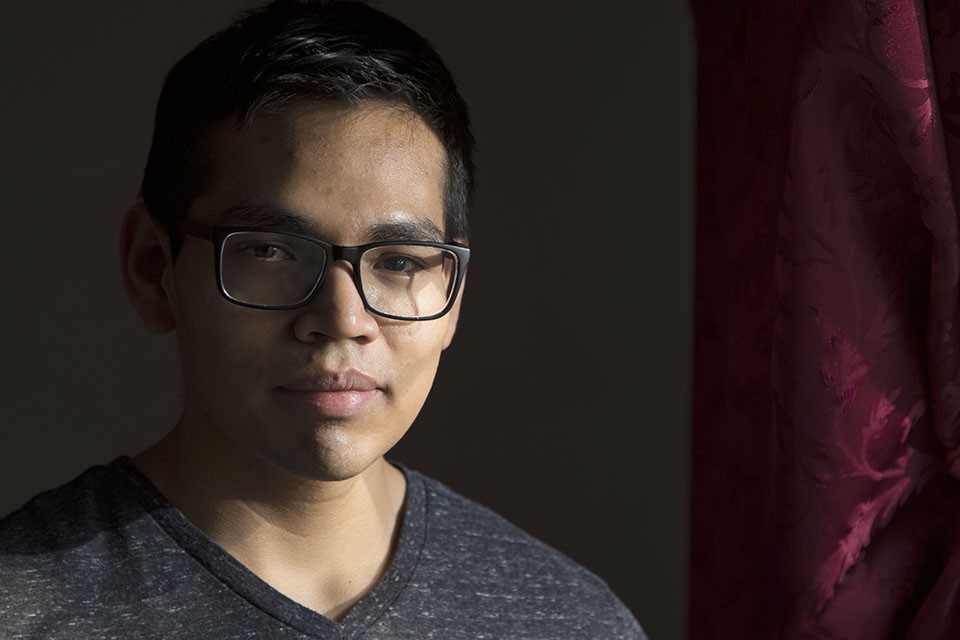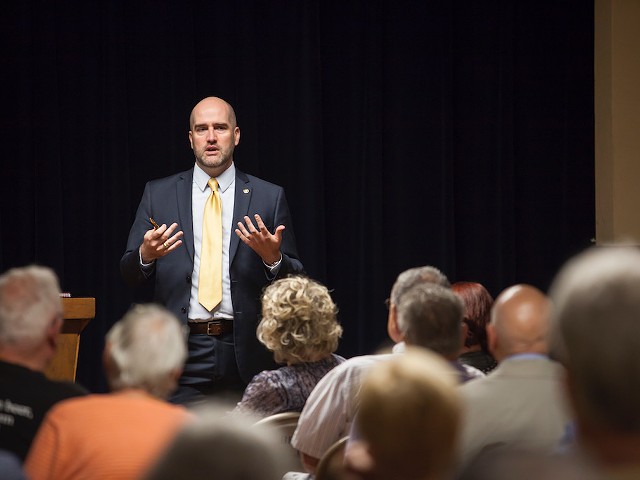Dreamers contribute a lot financially to both Missouri and the nation, studies show.
A 2017 survey by the Center for American Progress found that ending DACA would cost Missouri nearly $210 million in annual gross domestic product, while nationwide its termination would cost more than $460 billion over ten years. And the 1.3 million young undocumented immigrants who are enrolled or eligible for DACA contribute about $2 billion a year in state and local taxes, according to the Institute of Taxation and Economic Policy.
Nearly 80 percent of DACA permit holders are employed. Yet despite their tax contributions, Dreamers are not necessarily eligible for the benefits their money pays into, such as the Affordable Care Act or Medicaid.
"By rescinding DACA, the Trump administration will deprive our nation of their talent, energy and skills," wrote Donald Kerwin, executive director of the Center for Migration Studies. "It seeks to remove many future U.S. leaders and some of the nation's brightest current leaders as well."
DACA recipients add value in many ways, says Eric Reyes. He points out that he is the only fluent Spanish speaker at the IT company where he works.
"In my current position, I speak two languages," he says. "So my company actually benefits from me."
Valladares-Hernandez believes that Dreamers can contribute a lot to America just through their grit and intense work ethic.
"I like to believe that I'm just as American as my fellow co-workers or my fellow peers," he says. "We have the same potential if not even more because we come from the same community that's very hardworking. ... It's just a community-wide Latino thing. We're hard workers because we know where we come from, and that's what drives their hard work ... I believe that's how it is in a lot of families I know."
For Dreamers, the operative word is hope. They have no rational reason to believe Congress will provide a permanent fix for their predicament. Yet perhaps because hope is all they have, they cling to it.
Valladares-Hernandez says he hopes that a year from now he will be applying to medical school and "hopefully at that time Congress will come up with a more permanent solution to this DACA issue, and maybe have a more definitive answer, rather than Band-Aiding it with minor fixes, and we have more certainty of a future."
In the meantime, he tries not to stress. There's only so much he can control, he says.
"I just go with the flow," he says. "I have a plan. Follow it. I might get derailed from it, but you know I have a feeling that things will eventually fall into place. I might have to jump through more hoops but eventually [I'll] steer back into the right direction."
Mike Fitzgerald, a St. Louis writer, can be reached at [email protected]







